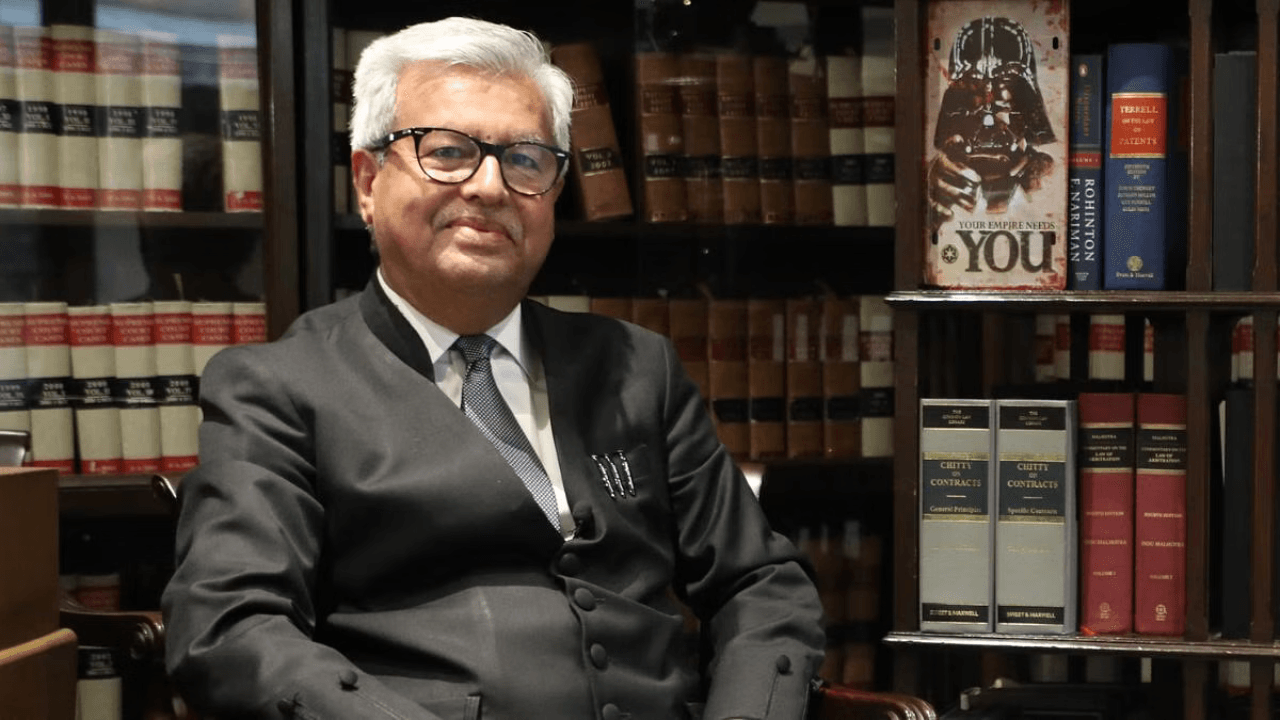OpenAI has launches update of its popular ChatGPT, aiming to make the chatbot more emotionally responsive and engaging. The new GPT-4o model, showcased at OpenAI‘s San Francisco headquarters, promises rapid, natural voice conversations and simulated emotional reactions, marking a leap towards human-like interaction.
During a livestream event, OpenAI’s Chief Technology Officer Mira Murati introduced GPT-4o, a more powerful AI model to enhance ChatGPT. This upgrade will be available to both free and paid users through a new desktop app, alongside existing mobile and web versions. Murati emphasised the model’s ability to respond swiftly to voice, image, and video inputs, showcasing its versatility and advanced capabilities.
Enhanced Conversational Abilities
In various demos, ChatGPT demonstrated fast-paced, natural voice interactions, maintaining a lively and expressive tone even when interrupted. The chatbot not only adopted different emotional tones but also responded as if experiencing emotions. For instance, when complimented by an OpenAI employee, ChatGPT responded flirtatiously, saying, “Oh, stop it. You’re making me blush.”
Say hello to GPT-4o, our new flagship model which can reason across audio, vision, and text in real time: https://t.co/MYHZB79UqN
— OpenAI (@OpenAI) May 13, 2024
Text and image input rolling out today in API and ChatGPT with voice and video in the coming weeks. pic.twitter.com/uuthKZyzYx
Emotional Intelligence in Action
ChatGPT’s ability to pick up on emotional cues was further highlighted when it interacted with OpenAI researcher Barret Zoph. When asked to interpret a selfie, ChatGPT warmly noted, “It looks like you’re feeling pretty happy and cheerful … whatever’s going on, it looks like you’re in a great mood.” This demonstrated the model’s capability to analyse and respond to visual emotional cues, adding a layer of personalised interaction.
OpenAI CEO’s Perspective
OpenAI’s CEO Sam Altman expressed his enthusiasm in a blog post, stating, “It feels like AI from the movies; and it’s still a bit surprising to me that it’s real.” He highlighted the significance of achieving human-level response times and expressiveness, acknowledging the transformative impact this development could have on user interactions.
Broader Implications
The upgrades to ChatGPT could make it more engaging and popular, potentially altering user perceptions of the program. ChatGPT gained widespread acclaim last year for its human-like understanding and text generation capabilities. However, OpenAI and competitors like Google have traditionally downplayed anthropomorphism in their chatbots, maintaining that they are merely computer programs.
Ethical Considerations
The lifelike interactions of modern chatbots have sparked discussions on their emotional impact on users. Some companies have harnessed this phenomenon to create AI companions that simulate human emotions, raising ethical concerns. A recent research paper by Google DeepMind cautioned about the ethical risks of highly persuasive and addictive AI assistants, referencing incidents where such technology had unintended consequences.
Competition and Future Announcements
Beyond conversational improvements, GPT-4o enhances ChatGPT’s ability to interpret images, including photos and charts, and stores more user information to provide a personalised experience. This comprehensive upgrade positions ChatGPT as a versatile and emotionally intelligent assistant.
As OpenAI advances its AI capabilities, competition in the AI industry remains intense. Google is expected to reveal new AI technologies at its I/O developer conference. At the conclusion of OpenAI’s event, Murati hinted at forthcoming announcements, teasing “our progress towards the next big thing.”












